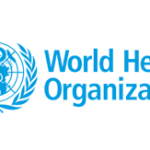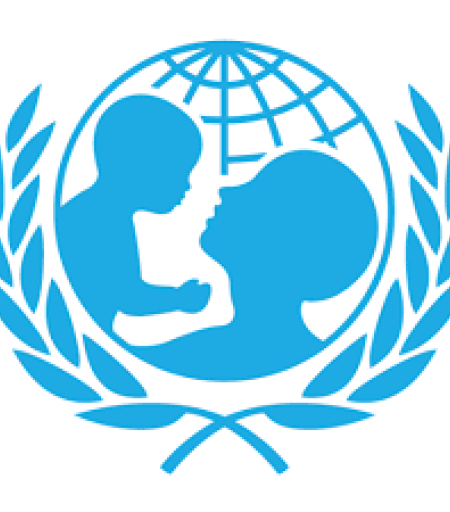The African Medical Centre of Excellence (AMCE) has called for urgent reforms to strengthen Africa’s health systems, highlighting the stark paradox of a continent that carries 25 percent of the global disease burden with only three percent of the world’s health workforce.
Dr. Aisha Umar, chief medical officer of AMCE, made the call at the Nigerian Medical Association (NMA) Annual General Meeting in Calabar.
Speaking on the theme “Strengthening Health Systems: From Ambition to Action,” Umar said the statistics are the daily realities of mothers, children, and entire communities being left behind; it is a crisis that demands immediate action. “These are not just statistics,” she told the audience of doctors, policymakers, and health leaders.
At the heart of her address was a rallying call for stronger policy, practice, and partnerships to reverse Africa’s dependence on outbound medical tourism and to build more resilient, inclusive health systems. She pointed to the African Medical Centre of Excellence in Abuja as a model for how local innovation, backed by strategic investment, can shift the narrative.
Developed by Afreximbank with the support of the Nigerian government and other partners, the AMCE opened in June 2025 with a 170-bed capacity, providing advanced care in oncology, cardiovascular services, haematology, and general medical and surgical specialties. The centre also integrates early detection, advanced treatment, and long-term disease management, with expansion plans to 500 beds in its next phase.
“Let today be a turning point. A moment when we commit to building a health system that works for all Nigerians, where our doctors and nurses thrive at home, and world-class care becomes the rule, not the exception,” Umar urged.
Her remarks resonated against the backdrop of persistent challenges facing African healthcare, which include underfunding, workforce shortages, and fragile infrastructure. Despite hosting some of the fastest-growing populations in the world, African countries spend a fraction of what high-income nations allocate to healthcare, while facing rising burdens of both infectious and non-communicable diseases.
Umar therefore warned that without multisectoral collaboration from government, private investors, civil society, and international partners, the continent risks deepening inequality in access to care.
She argued that institutions like the AMCE can serve not only as treatment hubs but also as training grounds to build local expertise. “If we are serious about keeping our doctors and nurses at home, then we must invest in their growth, their tools, and their future here in Africa,” she added.
Since its opening, the AMCE has quickly positioned itself as a regional hub for innovation and capacity building. Beyond clinical services, the centre is creating research and training opportunities that aim to curb the flight of African health professionals to Europe, North America, and the Middle East.
Her call adds to growing momentum among African health leaders pushing for systemic reforms to end what she described as the silent epidemic of neglect.








